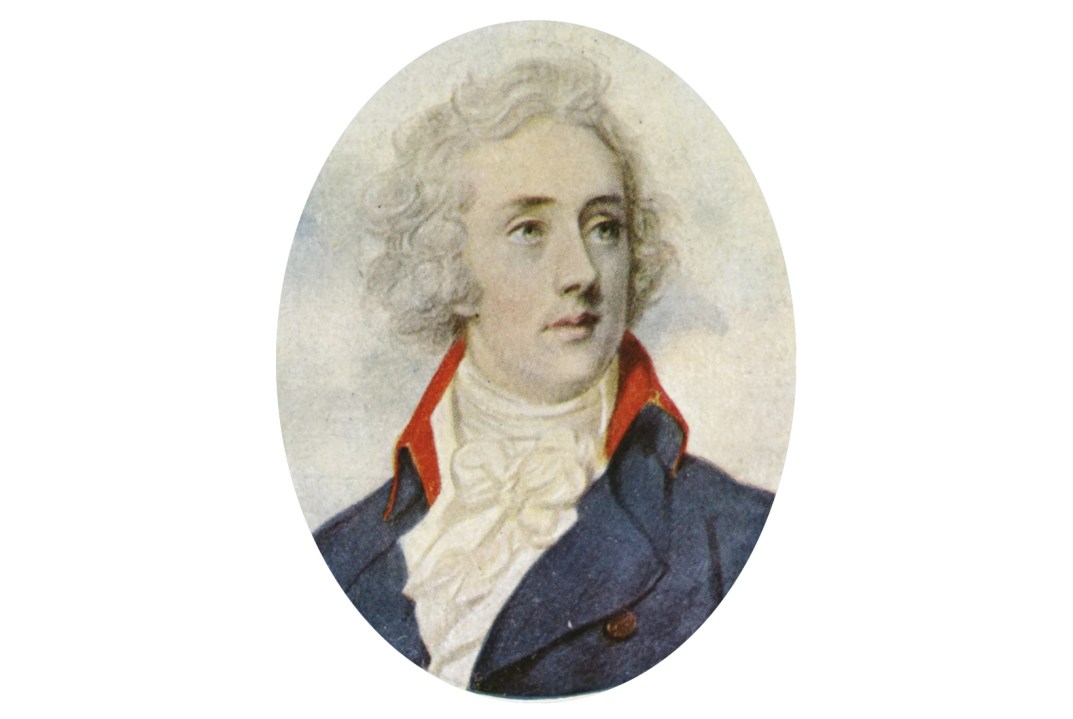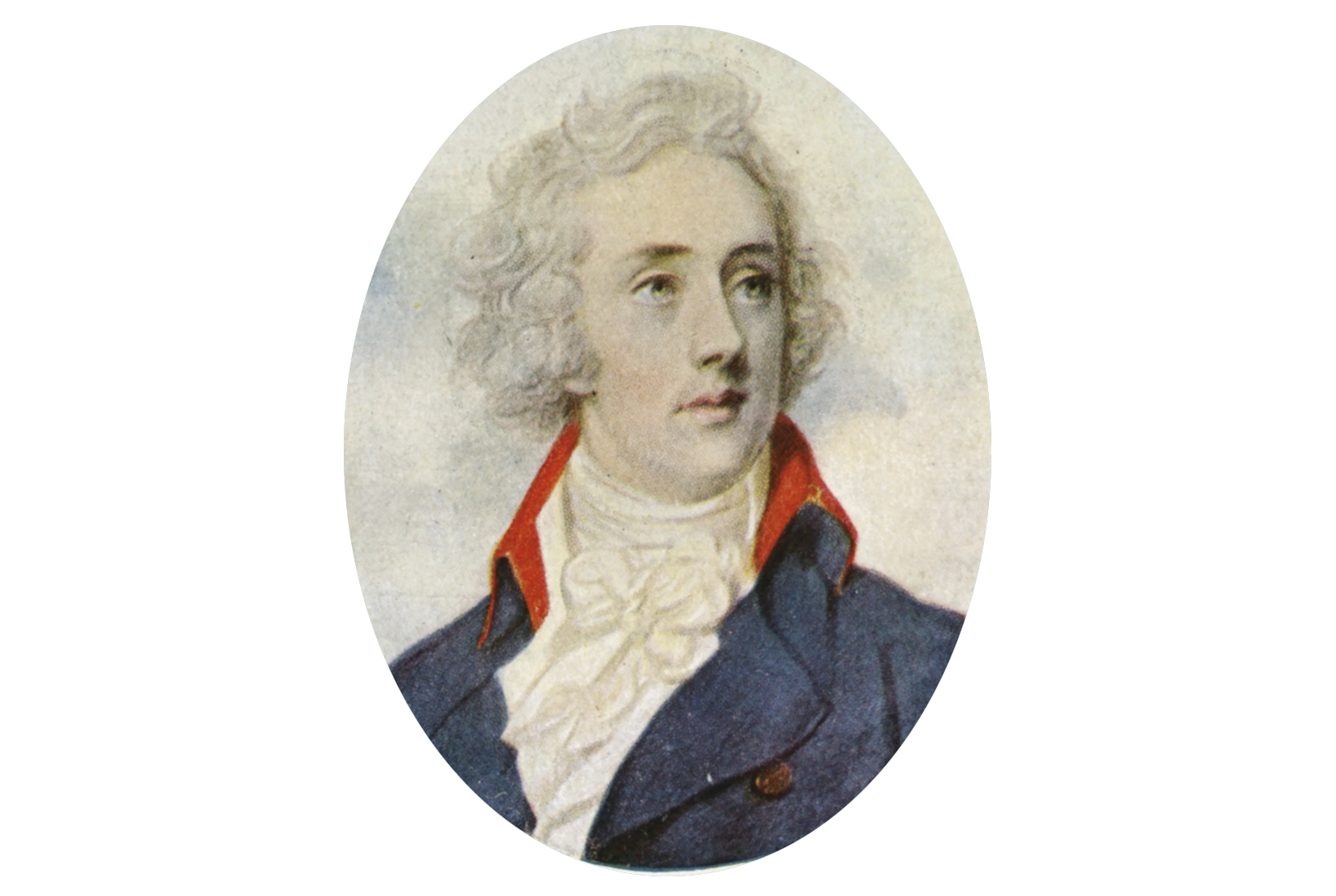Here are ten political biographies, with a leavening of the classics, for those with time to kill in the present house arrest. The danger with such lists is that what has recently entered the memory becomes most prominent; so this one consists entirely of works published in the 20th century. Charles Moore’sThatcher, Leo McKinstry’s Rosebery and Andrew Roberts’s Churchill, all superb works, therefore do not figure; and I have arranged those that do in chronological order of their subjects.
John Ehrman started his magnificent three-volume life of William Pitt the Younger in the late 1950s and published the final part in 1996. He was a gentleman-scholar of the old school who undertook pains-taking research but sought to produce a literary work as well as one of history. Ehrman presented Pitt with a depth and colour that made him a three-dimensional figure; his complex personality and precocious talent are reproduced against a backdrop of a country in turmoil, as it loses its American empire and faces invasion by Napoleon. Although William Hague thought differently (and his own book owes an enormous amount to Ehrman), no one need write another life of Pitt.
Norman Gash’s two-volume life of Robert Peel (Mr Secretary Peel,1961; Sir Robert Peel,1972) has a similar depth and breadth as Ehrman’s Pitt, and, like that work, provides thorough context of the times. Gash’s biography is absorbing because his subject is far from monochrome. Peel’s work as home secretary went far beyond founding the Metropolitan Police; he also saw through Catholic Emancipation. But his decision, partly under the influence of Gladstone, to repeal the Corn Laws in 1846 underpinned Victorian prosperity, helped develop a middle class, and exposed the flaws of a class-based Tory party. One might disagree with Gash’s interpretation of Pitt, but his scholarship and writing are beyond question.
John Morley, one of the greatest intellects ever to serve in a cabinet, wrote his three-volume life of Gladstone largely as an act of homage to his political master. However, the work is no hagiography; and unless one were to read all 14 volumes of M.R.D. Foot’s and Colin Matthew’s edition of Gladstone’s diaries, one could not get a clearer and more profound view of the greatest Liberal prime minister.
Morley published his life in 1903, the product of astonishingly hard work and application in the five years since the Grand Old Man died. Again, context is everything, and Morley effectively wrote a history of the British 19th century through the prism of perhaps its most titanic figure.
Joe Chamberlain, who transformed Birmingham into a city of the first rank and created a civic pride to match, made the leap from municipal politics to being, as Lord Salisbury’s colonial secretary, arguably the most significant politician in the British Empire. In the process he split first the Liberal party over Irish Home Rule, then the Tories over Imperial Preference, before being felled by a stroke. This colossal life spawned a great biography in six volumes, published from 1932 to 1969, the first three written by J.L. Garvin, a disciple of Chamberlain and editor of the Observer, the last finished after Garvin’s death in 1947 by Julian Amery. The work is a world of burgeoning trade and imperial power in which one could lose oneself.
Lord Rosebery’s short but beautifully crafted memoir of Lord Randolph Churchill, published in 1906, combines elegiac qualities with sober reflection; and Rosebery, an exact contemporary of his subject, portrays the age they lived in, the society they shared and the politics over which they argued with a felicity that only one who had experienced them could. The work is a literary masterpiece, renowned for Rosebery’s description of the syphilitic Churchill as a man who ‘died by inches in public’.
David Gilmour’s tour de force on Lord Curzon was published in 1994, more than 60 years after the three-volume monument by Lord Ronaldshay. It reminded the world what a Technicolor politician Curzon was; it contrasted his great erudition, aristocratic hauteur and sense of public duty with his ruthlessness, pragmatism and eye to the main chance; none of which was enough to make him prime minister. Gilmour depicts Curzon, accurately, as the last of a breed, a bridge between the aspirations of the 19th century and the disappointments of the 20th.
F.E. Smith was in the generation of Conservatives below Curzon, with whom he sat in cabinets in the early 1920s. Smith was the ultimate self-made man, a grammar school boy from Birkenhead who won a place at Oxford and ended up Lord Chancellor and an earl. He had been a brilliant lawyer, made probably the most outrageous maiden speech in the history of the House of Commons, advocated insurrection in Ulster, yet drank himself to death at the age of 58. John Campbell’s compelling 1983 biography of him captures the brilliance of his subject, quoting his speeches, his jokes, his courtroom put-downs, but also exemplifying him as an example of social mobility in an era when the class system was thought to be ossified.
Andrew Boyle’s 1974 life of Brendan Bracken — Poor, Dear Brendan — is more than just a political biography. It is the story of an adventurer, a climber, a charlatan, a newspaper magnate, a cabinet minister and a man who placed himself at Winston Churchill’s right hand and stayed there, ending up a viscount. It’s a rip-roaring page-turner which reads like a work of fiction, but it isn’t.
The same can be said for Peter Paterson’s Tired and Emotional: The Life of George Brown, published in 1993. Brown had it all: a tremendously gifted politician who had a meteoric rise in the Labour movement, and then drank himself into decline and obscurity. When drunk he became almost psychopathically rude, especially to women. Paterson writes about him with a mixture of sympathy and exasperation as he watches him destroy himself and become a laughing stock. It is an intensely human story, told with great understanding but also with immense humour: all the horror stories, many of them enormously funny, are here.
And finally: George Brown was all that prevented Tony Crosland from being the most charismatic member of the Wilson cabinet in the 1960s. Charm, intellect and passion run through Tony Crosland, the biography written by his widow Susan and published in 1982, five years after his sudden death from a brain haemorrhage while serving as foreign secretary. The book is short on dry political analysis but long on the character of a remarkable man, an Oxford don who became a cabinet minister, and whom Tories loved to hate (not least for wanting to close ‘every fucking grammar school in the country’). Mrs Crosland is also good on Tony Benn’s unwitting attempts to derail her and her husband’s sex life. As with all other great political biographies, she was lucky to have a riveting subject, and the ability to write about him with insight, elegance and narrative skill.







Comments